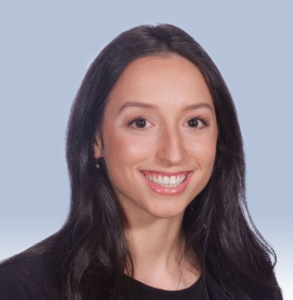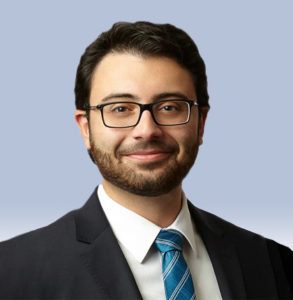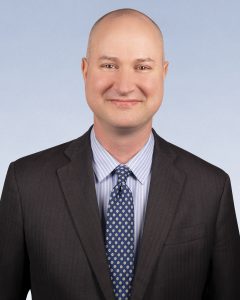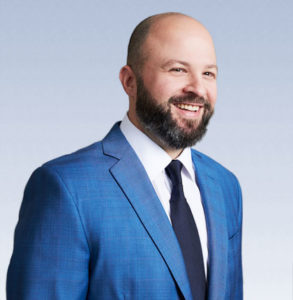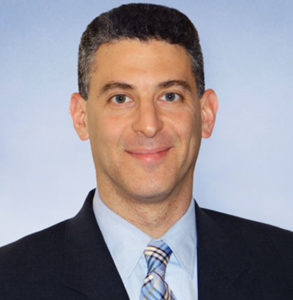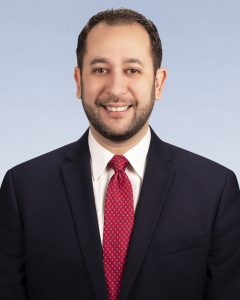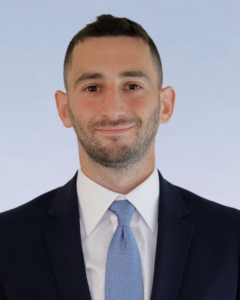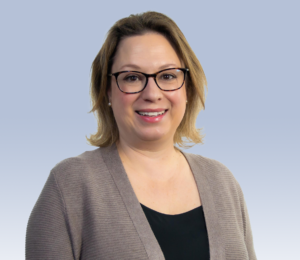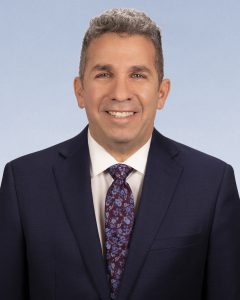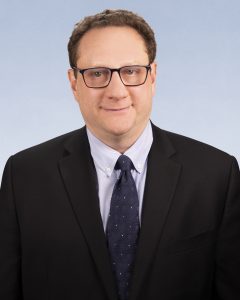Large Firm Service. Small Firm Attention.

SHARE
How to Qualify for Medicare and Medicaid
Published January 12, 2018
Medicare and Medicaid are different programs. Medicare provides health insurance for people age 65 and over, and Medicaid covers care for certain low-income individuals. However, it is possible to qualify for both programs at the same time, which is known as “dual eligibility.” There are about 11 million people who are dual eligible, including many seniors who are in nursing homes. Here is what you need to know about qualifying for both Medicare and Medicaid.

The first thing to know is that eligibility for the two programs is separate. Anyone who qualifies for Social Security benefits (retirement or disability) is eligible for Medicare. Medicaid is state-administered, and there are income and resource requirements. There are also different levels of Medicaid coverage, so a person who is dual-eligible may fall into one of these four categories:
- Qualified Medicare beneficiaries may pay for Part A and Part B premiums, deductibles, copayments and coinsurance.
- Specified low-income Medicare beneficiaries have their Part B premiums covered by Medicaid.
- Qualifying individuals may also receive help from Medicaid for their Part B premiums.
- Qualified disabled working individuals may have their Part A premiums covered by Medicaid. This program is limited to individuals with disabilities who are working.
In general, when you are dual eligible, Medicare will pay claims first, and then Medicaid is secondary coverage.
In New York State, it is essential for people with both Medicare and New York State Medicaid to know that Medicare Part D replaces Medicaid in covering the cost of most prescription drugs. For this reason, it is crucial for people on New York Medicaid who become eligible for Medicare to join a Medicare prescription drug program, because otherwise they may lose their Medicaid benefits. To avoid any loss of coverage, individuals in this situation will be automatically assigned a Medicare prescription drug plan, but you may also enroll in a plan of your choosing. For more information, visit medicare.gov or call 1-800-MEDICARE.
Learn more about elder law, estate planning and special needs planning at littmankrooks.com, elderlawnewyork.com & specialneedsnewyork.com. Have questions about this article? Contact us.
Was this article of interest to you? If so, please LIKE our Facebook Page by clicking here.
Categories
Recent Posts
Explore In-Depth

Corporate & Securities

Elder Law & Estate Planning

Special Needs Planning

Special Education Advocacy

